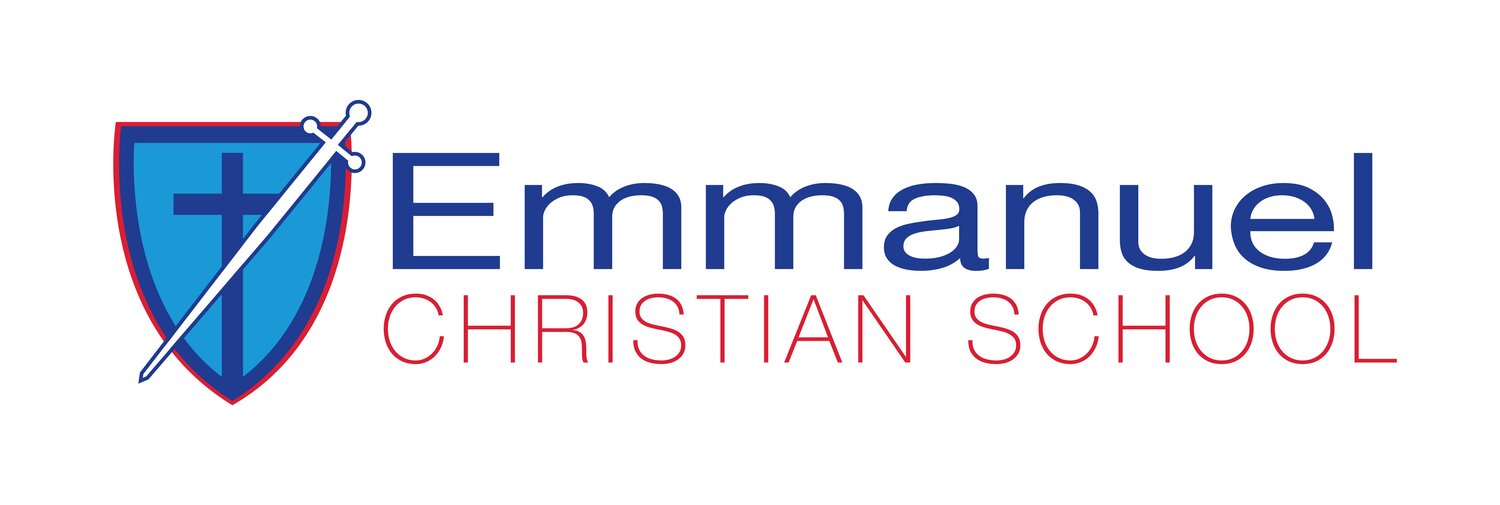Are we ready for the next education revolution?
For those that know me well, I am far from an academic. However, I love learning new skills and believe that being a lifelong learner is a key ingredient to achieving success in whatever field you decide to follow. A topic of conversation that Mr Scott Winkler and I discussed earlier last week was, “what does a successful Year 6 Emmanuel student look like? Or What does a successful Year 10 Emmanuel student look like?”
There is no denying that our world is changing, the landscape has shifted and we are headed toward the fourth industrial revolution. A long standing assumption of our school system is that we need to prepare young people for a full and rewarding future. However, how do we really prepare our students for a future that is unknown? The image to the left depicts how quickly the value of certain skills can change. In the past 50 years, our education system has managed to more or less keep pace with societal change. Our educational philosophy of focussing on the three R’s of reading, writing and arithmetic have been sufficient. We haven’t seen nor needed any radical changes in our education system.
Last week I also came across a paper, Towards Education 3.0 - The changing Goalposts for Education. The beginning of this paper discussed that within the next 20 years, society will witness unprecedented levels of disturbance and change. These changes will not be disciplinary specific but in fact, will affect all areas of schooling and that a fundamental rethink will be required for our education system.
Skills that were vital in the past may not be so important for the future. The following graphic depicts the rise and decline in percentages of people working within roles with specific skill types.
Routine Manual - This skill type is characterised by manufacturing and assembly-line type jobs.
Routine Cognitive - This skill type is defined by roles such as, bookkeeping, accountancy or paralegal work. Both of these skill forms are slowly being automated through computing and robotics. Artificial Intelligence will see these forms of work steadily decline and eventually disappear as a job option for our future school leavers.
Non-Routine Manual - This skill set is made up of technically unskilled workers undertaking jobs such as waitressing and the Hospitality industry. Although these roles are susceptible to automation, they are less easily replicated by computers and robotics as they are based on effective people skills and therefore they will continue to flourish and be valued in our modern society.
Non-Routine Cognitive - The unknown….. People entering these jobs will typically require high levels of complex problem solving, creativity, entrepreneurship and resilience. They will need to have the ability to adapt to changes rapidly, learn quickly and embrace uncertainty. These skills, are almost impossible for robots to emulate and will remain the least affected by Industrial revolution 4.0.
There will be many doubters who will dispel this article as a doomsday scenario but history shows us that technological-driven disruption creates large job losses in some occupations. As educators, it is our responsibility to change the way we think about learning. Our school system needs to focus more on ‘the way’ we learn not on ‘what’ we learn. If we are really preparing students for an uncertain future, there needs to be less focus on what we think children need to learn and more on equipping them to become effective learners, capable of coping with uncertainty.
For the senior staff at Emmanuel Christian School, we need to consider what our teachers should be doing to support and further develop these capabilities in our students. Thankfully, we are already seeing many of our teachers enabling students with these exact opportunities. Our early childhood teachers engage students in the newly installed mud kitchen and bush kinder experiences, allowing students to develop creativity. These coming holidays, ten students have signed up for a three day Robotics Camp that is running in preparation for the upcoming Robocup Jnr. competitions, developing complex problem solving. Next term our Primary drama production will begin preparation with many of these complex skills being developed in our students. Our senior students are also engaging in a new hands-on learning program where students will be creating a space that will include a wood fired pizza oven and meeting area.
Each of these opportunities is giving students a chance to think about the ‘why’ rather than just ‘what’ when it comes to their learning. It's a daunting, yet exciting time for education and it will be fascinating to see how we continue to refine our practice.
Drew Roberts - Deputy Principal



